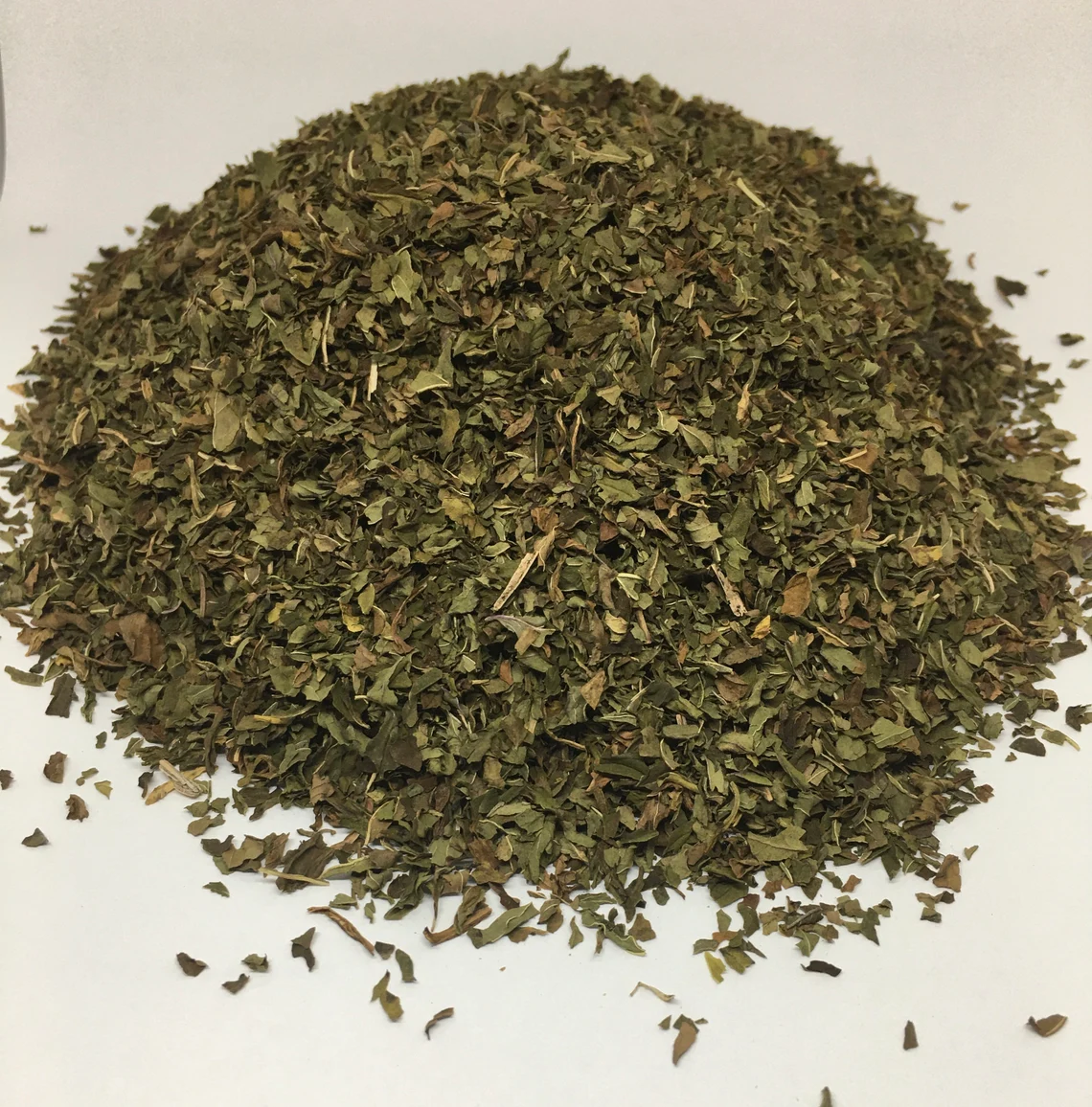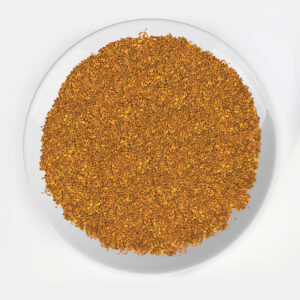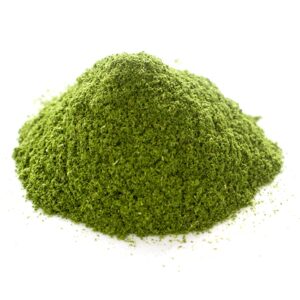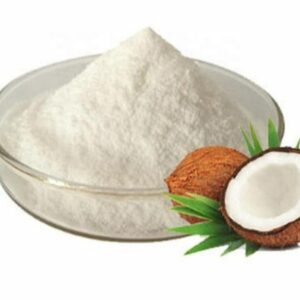Description
A cool, refreshing flavor is one of the most pronounced mint benefits, but it certainly is not the only one. Aside from helping freshen your breath and cool your mouth. Mint, also known as Mentha, is a group of roughly 20 plant species that includes peppermint and spearmint. This common herb has a very high antioxidant capacity–potentially higher than many other foods–that can be used in varying forms to help you with a number of pressing health conditions.
Allergies : Mint plants contain an antioxidant and anti-inflammatory agent called rosmarinic acid. This has been studied for its effectiveness in relieving seasonal allergy symptoms, revealing a promising natural treatment.
Oral health : Mint is a natural anti-microbial agent and breath freshener. Common cold: Mint contains menthol a natural aromatic decongestant that helps to break up phlegm and mucus, making it easier to expel. Menthol also has a cooling effect and can help relieve a sore throat, especially when combined with tea.
Indigestion and gas : Mint is a calming and soothing herb that has been used for thousands of years to aid with upset stomach or indigestion. Mint is thought to increase bile secretion and encourage bile flow, which helps to speed and ease digestion. Peppermint is also thought to relieve pain and discomfort from gas and bloating. Peppermint tea is a common home remedy for flatulence.
Pain relief : Applying peppermint extract externally has been found to increase pain threshold in humans.12 Part of the bushmint family (Hyptis), Brazilian mint (Hyptis crenata) has been found to be as effective for pain relief as a synthetic aspirin-style drug indomethacin when taken as a “tea.”





